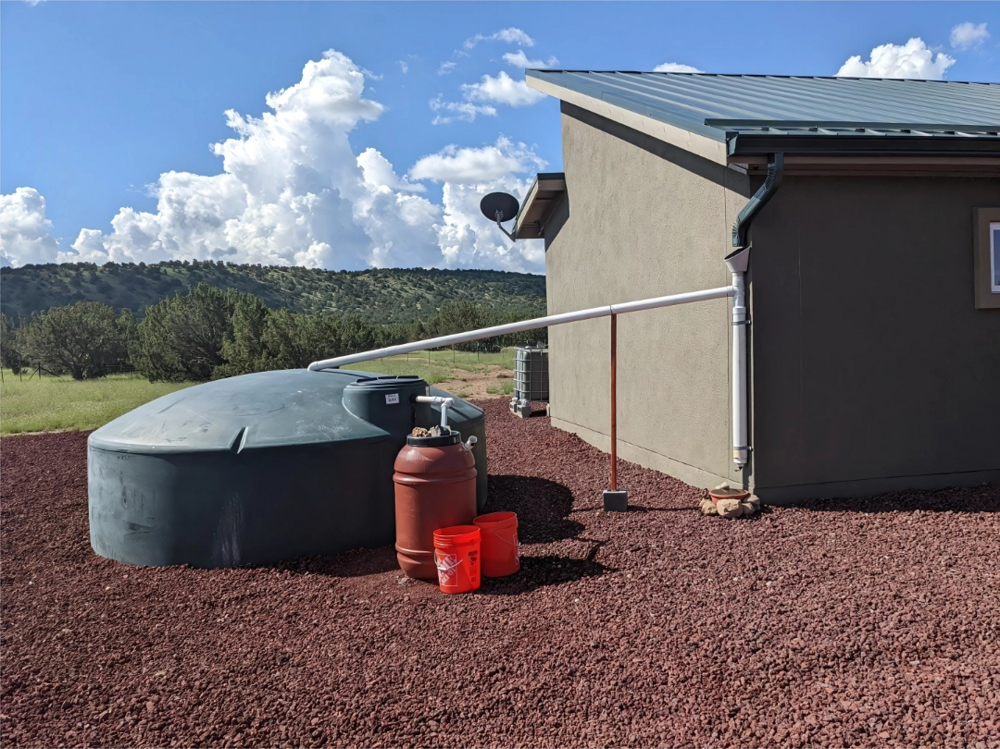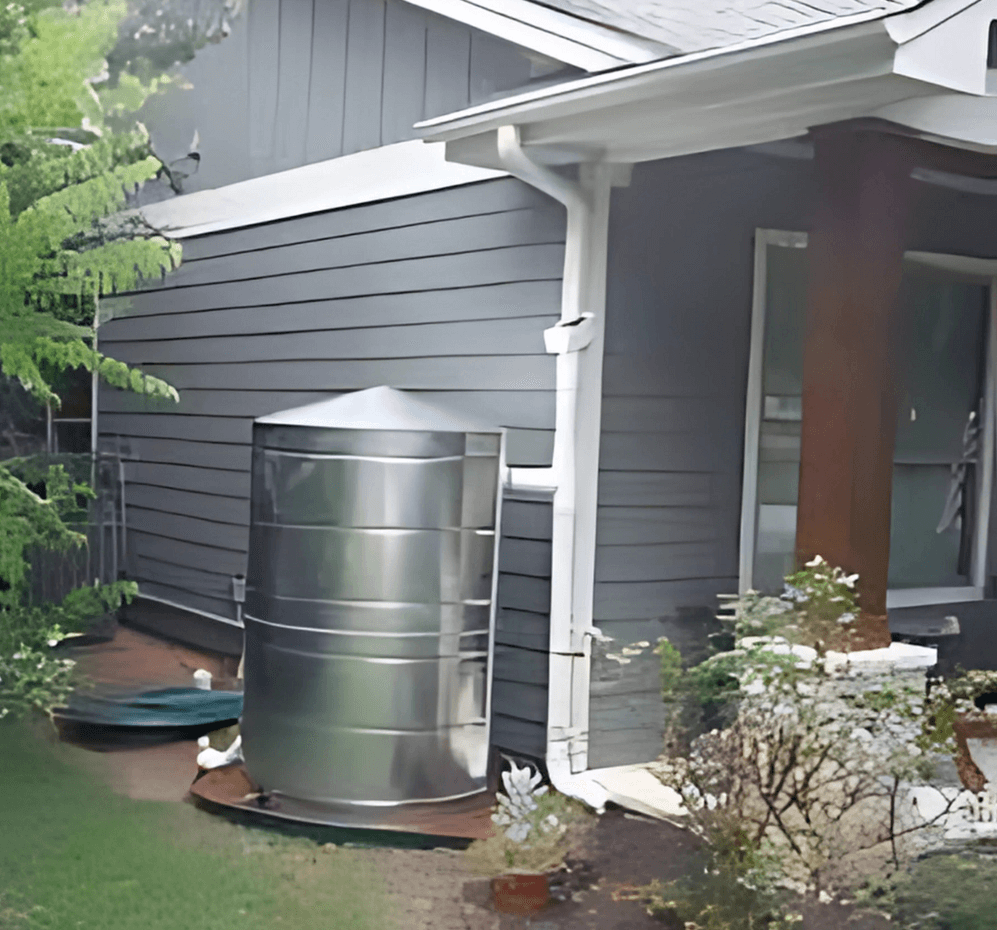
How to Harvest Rainwater in India – A Practical Guide for Homes & Communities
“Paani Bachao, Bhavishay Bachao“– It Starts with Your Roof.
India faces water scarcity even during the rainy season. Surprising? Not really. Because 70% of rainwater goes to waste due to poor harvesting systems. But what if your roof could be the start of a water-saving revolution?
Let’s explore how rainwater harvesting (RWH) can turn every monsoon drop into a resource.
Why You Should Harvest Rainwater?
- Reduces dependency on groundwater
- Lowers water bills
- Recharges borewells and aquifers
- Prevents urban flooding
- Increases soil moisture for gardens or farms

Components of a Rainwater Harvesting System
- Catchment Area – Your roof
- Gutter System – Channels rainwater towards the filter tank
- Downpipes & Filters – Remove leaves, dust, and debris
- Storage Tank / Recharge Pit – Where water is stored or allowed to percolate underground
In cities like Mumbai, Pune, and Nashik – where monsoons are heavy but water issues still persist – rooftop systems are ideal for housing societies, bungalows, and even commercial buildings.
How Much Rainwater Can You Save?
Let’s do a quick calculation:
Roof area = 100 sq. m
Annual Rainfall = ~2,200 mm (Mumbai average)
You can harvest up to 2.2 lakh liters/year!
Common Mistakes to Avoid:
- Using broken or rusted gutters
- Not cleaning filters regularly
- Allowing overflow due to poor pipe design

Sustainable Uses of Collected Rainwater:
- Toilet flushing
- Washing vehicles
- Gardening
- Topping up borewell recharge pits
- Emergency water storage
A durable and rust-proof gutter makes all the difference in water collection. Poor-quality gutters cause leaks, staining, and water waste.
Rainwater harvesting isn’t just eco-friendly, it’s a necessity. Especially in Maharashtra’s rapidly growing urban zones, where groundwater is drying up fast.
If you’re considering installing a smart rooftop system, make sure you also choose a reliable gutter that doesn’t rust or overflow.
